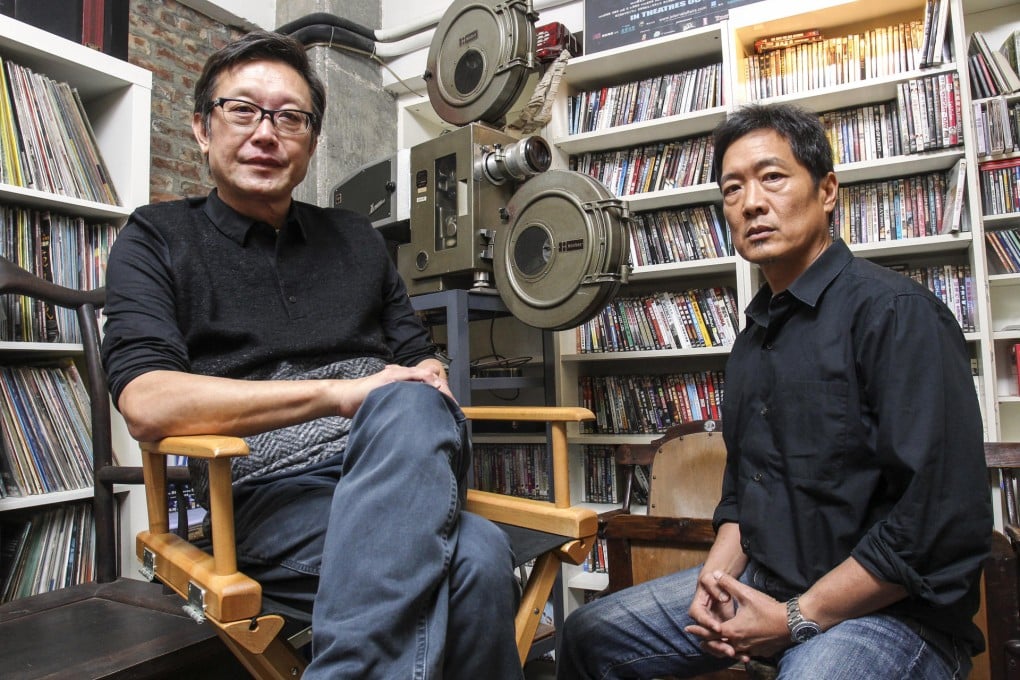Directors join forces for film based on real Asian-American gang

One afternoon in the autumn of 1985, the teenage Chan Ho-nam and his four best friends were roughed up on a public soccer ground in Lam Tin. Humiliated but unfazed, the group decided to join the Hung Hing gang for the protection it promised.
Thus began the original tale for Young and Dangerous (1996), the commercially successful first instalment of the triad film series directed by Andrew Lau Wai-keung. Based on the serialised comic, Teddy Boy, the movies depict the territorial disputes in Hong Kong and Macau's criminal underworld.
The same year that Young and Dangerous' fictional characters pursued a life of illegal activities, an actual Chinese-American youth gang - whose recruitment tactics consisted of abusing new immigrants into submission - was also taking form.
Founded in Queens, New York, in the mould of established gangs in lower Manhattan's Chinatown, the "Green Dragons" comprised of third-class citizens who were either in their teens or early 20s.
With crimes ranging from extortions and armed robberies to drug trafficking and murder, this gang would for years terrorise the growing Asian community, which shared little with these delinquents except a mistrust of US law enforcement.
When nine Green Dragons members - whose ages ranged from 18 to 23 - were eventually put on trial in early 1992, their murder-and-racketeering case was largely ignored by the mainstream media in favour of that of the mafia boss John Gotti, which was taking place in the same federal courthouse in Brooklyn Heights.